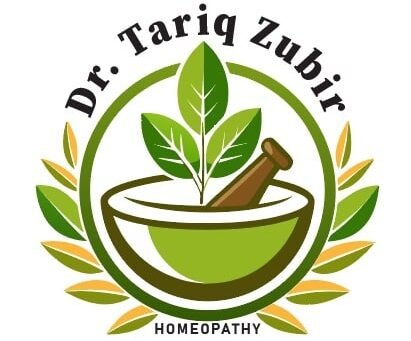Cirrhosis is a serious and long-term liver condition that develops when healthy liver tissue is replaced with scar tissue, gradually impairing the liver’s ability to function. Often called a “silent” disease, cirrhosis may not cause noticeable symptoms until significant damage has already occurred.
In this article, we’ll explore the causes, symptoms, diagnosis, treatment options, and prevention of cirrhosis—plus a helpful FAQ section to answer common questions.

🧠 What Is Cirrhosis?
Cirrhosis is the late stage of liver scarring (fibrosis) that occurs after long-term damage from liver disease or chronic injury. The scar tissue slows blood flow through the liver, affecting its ability to:
- Filter toxins from the blood
- Produce proteins and enzymes
- Store energy
- Support digestion
Once cirrhosis progresses, the damage becomes permanent. However, early intervention can help manage the condition and prevent serious complications.
⚙️ Common Causes of Cirrhosis
Many different health issues can lead to cirrhosis. The most common causes include:
- Chronic alcohol use
- Hepatitis B and C infections
- Non-alcoholic fatty liver disease (NAFLD) – often linked to obesity, diabetes, or high cholesterol
- Autoimmune hepatitis – when the immune system attacks liver cells
- Genetic disorders like hemochromatosis (iron buildup) and Wilson’s disease (copper buildup)
- Long-term exposure to toxins or certain medications
🔍 Signs and Symptoms
In the early stages, cirrhosis may go unnoticed. As the disease progresses, the following symptoms may appear:
- Fatigue or weakness
- Nausea, poor appetite, and weight loss
- Yellowing of the skin or eyes (jaundice)
- Easy bruising or bleeding
- Swollen abdomen or legs (ascites or edema)
- Itchy skin
- Mental confusion, forgetfulness, or sleep issues (hepatic encephalopathy)
- Visible blood vessels on the skin (spider angiomas)
If you’re experiencing any of these symptoms, it’s essential to consult a healthcare professional.
🧪 How Cirrhosis Is Diagnosed
Diagnosis often involves a combination of:
- Blood tests – to check liver function and enzyme levels
- Imaging scans – like ultrasound, CT scan, or MRI
- FibroScan® – a noninvasive test that measures liver stiffness
- Liver biopsy – to assess the extent of scarring (in certain cases)
Early detection can make a big difference in outcomes.
🩺 Is There a Cure for Cirrhosis?
Cirrhosis cannot be fully cured, but its progression can often be slowed or managed with proper care.
Treatment includes:
- Addressing the root cause (e.g., stopping alcohol use, treating hepatitis)
- Medications to reduce symptoms and prevent further damage
- Lifestyle changes – such as diet adjustments and regular exercise
- Monitoring for complications – including liver cancer or internal bleeding
In advanced cases, a liver transplant may be the only viable option.
🛡️ How to Prevent Cirrhosis
Fortunately, many of the causes of cirrhosis are preventable. Here’s how to keep your liver healthy:
- Limit or avoid alcohol consumption
- Get vaccinated for hepatitis A and B
- Maintain a healthy weight
- Control diabetes and cholesterol
- Avoid sharing needles or unprotected sex to reduce risk of hepatitis
- Be cautious with over-the-counter drugs, especially acetaminophen (Tylenol)
📌 Frequently Asked Questions (FAQ)
❓ What is the most common cause of cirrhosis?
The leading causes vary by region, but globally, chronic alcohol abuse, hepatitis infections, and non-alcoholic fatty liver disease are among the most common.
❓ Can cirrhosis be reversed?
While early-stage liver damage (fibrosis) may be reversible, advanced cirrhosis is usually permanent. However, treating the underlying cause can halt or slow further progression.
❓ Is cirrhosis always caused by alcohol?
No. Alcohol is a major risk factor, but many people with cirrhosis do not drink heavily. Other causes include viral infections, obesity-related liver disease, and genetic conditions.
❓ How long can someone live with cirrhosis?
Life expectancy varies greatly depending on the severity, cause, and response to treatment. With early diagnosis and management, many people live for years with cirrhosis.
❓ What foods should be avoided with cirrhosis?
People with cirrhosis should avoid:
- Alcohol
- High-sodium foods
- Raw shellfish
- Fatty and fried foods
Always consult a dietitian or doctor for personalized advice.
🧠 Final Thoughts
Cirrhosis is a serious, yet manageable liver condition if detected early. Awareness and proactive healthcare are the best defenses. Whether you’re concerned about your own liver health or supporting a loved one, understanding cirrhosis is the first step toward taking control.
Protect your liver—because your life depends on it. 🧡
